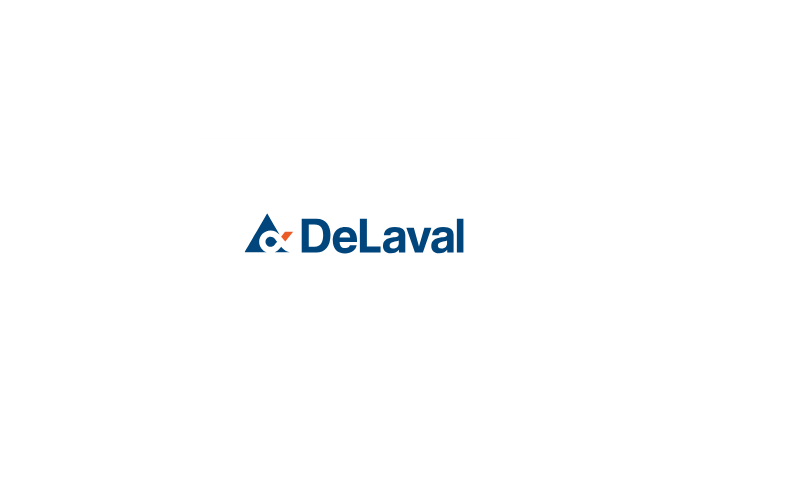DeLaval: In the Long Term, Demand for Milk Expected to Outstrip Supply
The dairy industry is evolving in line with global trends, which present both opportunities and challenges for the market, according to a report from the Tetra Laval Group. The company has identified key trends affecting each division.

Yesterday, we discussed trends in markets where Tetra Pak operates. As for DeLaval, analysts in the group have attributed current trends mainly to macroeconomic factors.
"Slowing economic growth, geopolitical instability, rising cost of living, inflation, and interest rates - all pose challenges for DeLaval and the dairy industry as a whole. Dairy farmers are facing pressure due to increasing production costs on farms and declining milk prices," note the group's analysts.
Moreover, according to company experts, in the long term, demand for milk is expected to exceed supply, and cheese consumption will become a primary driver of dairy product demand growth. Future milk production growth will mainly come from increased cow productivity, rather than herd expansion.
"In the dairy industry, there is growing demand for solutions that promote automation, digitization, and sustainable development. Consumer expectations regarding sustainability are becoming increasingly strong, and this is reflected in agricultural policies, subsidies, and incentives provided by dairy companies. Dairy farmers must strive for sustainable development to maintain their business license and ensure the future of their business," according to the company's materials.
Additionally, the group of companies identifies digitization as an important trend, as well as the growth in labor costs and its shortage.
"Digitization is changing the competitive environment and creating new opportunities for businesses. Digital solutions help dairy farmers improve nutrition quality, animal health, and increase productivity by providing valuable information that enables informed decision-making. Rising labor costs and a shortage of qualified labor are driving investments in automation. Investments in automation are often a necessary condition for the operation of new generations on family farms," concluded the group's analysts.
"Slowing economic growth, geopolitical instability, rising cost of living, inflation, and interest rates - all pose challenges for DeLaval and the dairy industry as a whole. Dairy farmers are facing pressure due to increasing production costs on farms and declining milk prices," note the group's analysts.
Moreover, according to company experts, in the long term, demand for milk is expected to exceed supply, and cheese consumption will become a primary driver of dairy product demand growth. Future milk production growth will mainly come from increased cow productivity, rather than herd expansion.
"In the dairy industry, there is growing demand for solutions that promote automation, digitization, and sustainable development. Consumer expectations regarding sustainability are becoming increasingly strong, and this is reflected in agricultural policies, subsidies, and incentives provided by dairy companies. Dairy farmers must strive for sustainable development to maintain their business license and ensure the future of their business," according to the company's materials.
Additionally, the group of companies identifies digitization as an important trend, as well as the growth in labor costs and its shortage.
"Digitization is changing the competitive environment and creating new opportunities for businesses. Digital solutions help dairy farmers improve nutrition quality, animal health, and increase productivity by providing valuable information that enables informed decision-making. Rising labor costs and a shortage of qualified labor are driving investments in automation. Investments in automation are often a necessary condition for the operation of new generations on family farms," concluded the group's analysts.











